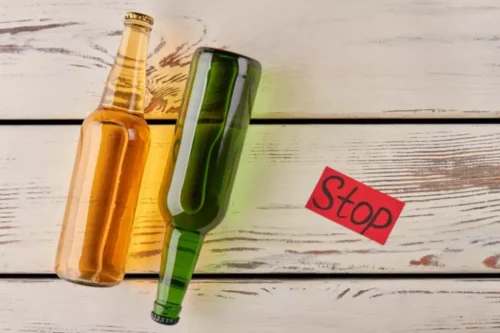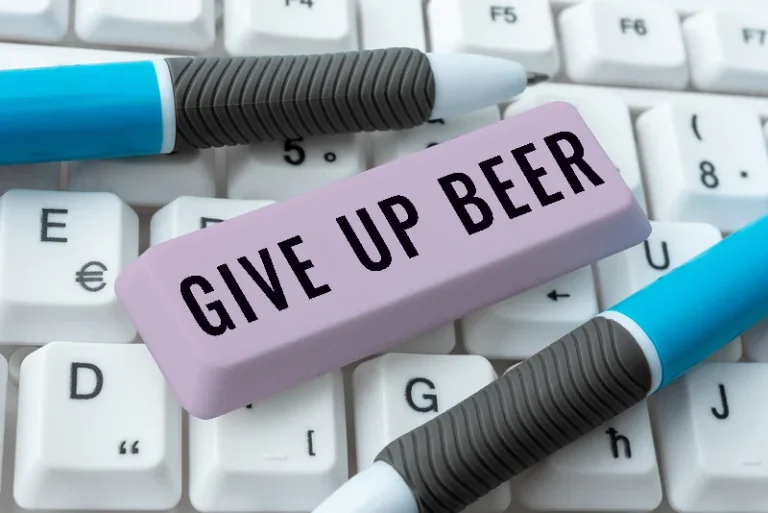Alcohol and Dopamine: How Does Alcohol Affect Dopamine Levels

Try more relaxing activities such as meditation, taking a walk, or journaling. While we may feel bored or restless at first, we’ll slowly start to enjoy more natural ways to boost our mood, making us less interested in the allure of high dopamine-triggering substances and activities, such as alcohol. Speaking of alcohol, let’s take a closer look at the connection between alcohol and dopamine. By removing certain stimuli, our brain does drinking alcohol release dopamine isn’t oversaturated with substances and activities that give us temporary feelings of pleasure.
Dry January Benefits: Data From Real Participants
Alcohol has a profound impact on the dopamine system, influencing both the release and receptors of dopamine in the brain. Understanding how alcohol interacts with dopamine can shed light on the pleasurable and reinforcing effects of alcohol, as well as its potential for addiction. It is important to note that while alcohol may temporarily impact dopamine levels, the long-term effects can be more nuanced and potentially detrimental. This knowledge can help us better comprehend the impact of alcohol on our brain alcoholism symptoms and make informed decisions regarding alcohol consumption. So, let’s dive into the fascinating world of alcohol and its effects on dopamine to gain a comprehensive understanding of this relationship.
Featured In Lifestyle
- Dopamine is involved in various cognitive functions, including motivation, attention, and motor control.
- Dopamine-containing neurons in the NAc are activated by motivational stimuli, which encourage a person to perform or repeat a behavior.
- So the healthier your brain is, the better it can use dopamine effectively and communicate messages between nerve cells and the rest of your body.
Moreover, even with the same receptor affected, dopamine’s effects can vary, depending on the potential of the membrane where dopamine receptors are activated (Kitai and Surmeier 1993). While alcohol consumption still triggers dopamine release, chronic use can lead to an overall decrease in baseline dopamine levels and function when alcohol is not present. This decrease can contribute to the negative emotional states often experienced during alcohol withdrawal, including depression, anxiety, and irritability.
Trending in Lifestyle
Your brain adapts to the sudden increase in the neurotransmitter by producing less dopamine, but because of the link to pleasure, it doesn’t want you to stop after a few drinks — even when your dopamine levels start to deplete. Dopamine levels fall, and the euphoric buzz goes with it, but https://ecosoberhouse.com/ your brain is looking to regain the feeling caused by the increased level of dopamine. Eventually, you rely fully on alcohol to generate dopamine release, and without it, you experience withdrawal symptoms. Alcohol also interacts with dopamine receptors in the brain, specifically the D2 receptors.

Start building healthier drinking habits today.
For instance, marijuana also impacts dopamine in complex ways, and even non-drug substances like aspartame have been studied for their effects on dopamine. Understanding these various influences on our brain’s reward system can help individuals make informed decisions about substance use and overall health. It’s worth noting that the relationship between alcohol and dopamine is not entirely straightforward.
- Once a person does something that trips the brain’s reward center, they feel good and are more likely to repeat the activity.
- Dopamine levels stay increased in the absence of this specific neurotransmitter as long as the person consumes alcohol.
- As alcohol is a diuretic, meaning it makes drinkers pass more urine, we’re prone to dehydration – which Dr Piper said also causes ‘brain cells to shrink and die’.
- By grasping the intricate mechanisms involved in dopamine transmission and regulation, we can better comprehend how alcohol affects the delicate balance of dopamine in the brain.
- Second, dopamine can modulate the efficacy with which electrical impulses generated in dopaminergic or nondopaminergic neurons result in neurotransmitter release from the nerve terminals of these signal-emitting (i.e., pre-synaptic) cells.
Disorders
Either way, the good news is that your brain can restore its natural chemical levels and even return to normal functioning. Most people see improvements within just a few months and can expect dopamine levels to be back to normal after a year or so (depending on how heavily you drank). Alcohol interacts with several neurotransmitter systems in the brain’s reward and stress circuits. Following chronic exposure, these interactions in turn cause changes in neuronal function that underlie the development of alcoholism.

Improving the outcomes of treatment and prevention initiatives requires a better understanding of the biological mechanisms that underpin addiction. Aminomethyl propionic acid, or AMPA, is a chemical that specifically activates this glutamate-receptor subtype. N-methyl-d-aspartate, or NMDA, is a chemical that specifically activates this glutamate-receptor subtype.
- You can seek help from friends in recovery, and experienced clinicians like Michaela Weaver can help you avoid typical relapse “triggers” to reduce their impact on the brain.
- Neuroscience News is an online science magazine offering free to read research articles about neuroscience, neurology, psychology, artificial intelligence, neurotechnology, robotics, deep learning, neurosurgery, mental health and more.
- Melody is here to lend you as you adjust to a life with less (or no) alcohol.
Links to NCBI Databases

Maintaining a balance of dopamine in the brain is crucial for optimal functioning. After dopamine is released into the synapse, it can be quickly cleared to prevent excessive activation of receptors. Enzymes like monoamine oxidase (MAO) and catechol-O-methyltransferase (COMT) break down dopamine, while transporters like the dopamine transporter (DAT) reuptake dopamine back into the presynaptic neuron.
